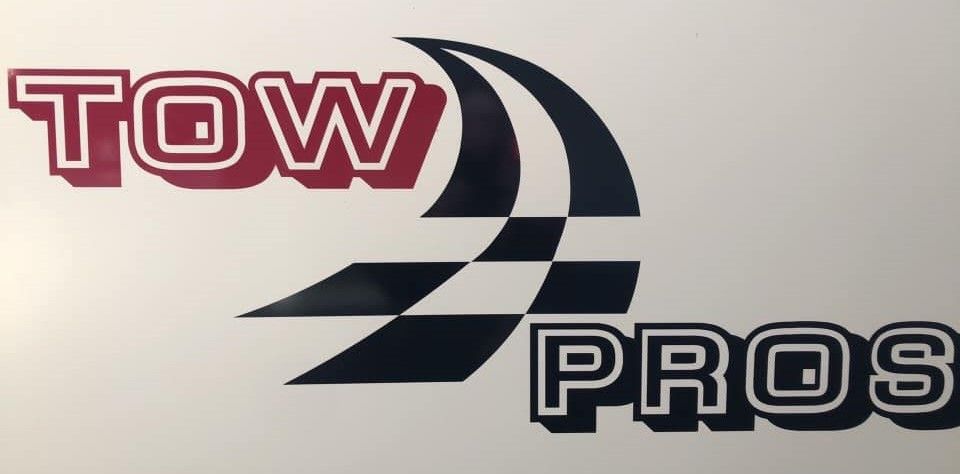Winter Towing Preparation: Ephrata's Guide to Cold Weather Breakdowns
Central Washington winters present unique challenges for vehicle operation and emergency services. Ephrata's location in Grant County means dealing with temperature extremes, sudden weather changes, and seasonal road conditions that can create hazardous situations for both drivers and emergency responders.
Professional preparation for winter towing operations involves understanding local weather patterns, maintaining specialized equipment, and implementing safety protocols designed specifically for cold weather emergencies. These preparations ensure that emergency services remain available and effective regardless of seasonal conditions.
Cold Weather Vehicle Challenges
Winter temperatures significantly impact vehicle reliability across multiple systems. Battery performance decreases dramatically in cold conditions, often leaving vehicles unable to start even when batteries appeared functional during warmer months. Cold-weather battery failures frequently occur in parking lots, driveways, and remote locations where temperature protection is minimal.
Cooling system problems become more complex during winter months as antifreeze mixtures, hose conditions, and radiator functionality all face increased stress. Vehicles with marginal cooling systems may operate normally during moderate weather but fail catastrophically when extreme cold exposes existing weaknesses in system components.
Winter Road Condition Impacts
Central Washington's winter road conditions create specific challenges for both stranded motorists and emergency response vehicles. Ice formation, snow accumulation, and visibility reduction all influence towing operations and require modified approaches to ensure safe vehicle recovery.
Professional towing operators adjust their response strategies based on current road conditions, available routes, and weather forecasts. Some emergency situations may require postponing response until conditions improve, while others demand immediate action despite challenging circumstances.
Emergency Equipment Winterization
Professional towing services maintain specialized equipment specifically for winter operations. Cold-weather lubricants, battery systems designed for low temperatures, and auxiliary heating systems enable continued operation when standard equipment might fail in extreme conditions.
Towing equipment requires regular winter maintenance to ensure reliability during emergency calls. Hydraulic systems, winches, and electrical components all need cold-weather preparation and testing to guarantee functionality when needed most urgently.
Driver Preparation Strategies
Vehicle owners can implement several strategies to reduce their winter breakdown risk. Battery testing before cold weather arrives identifies aging batteries that may fail during temperature extremes. Professional battery testing provides more accurate assessment than simple visual inspection or basic voltage checks.
Cooling system preparation includes antifreeze concentration testing, hose inspection, and thermostat functionality verification. These preventive measures identify potential failure points before they create emergency situations during cold weather periods.
Emergency Kit Essentials
Winter emergency kits should include items specifically designed for cold weather scenarios. Thermal blankets, extra warm clothing, non-perishable food, and water supplies enable occupants to remain safe while waiting for professional assistance during extreme weather conditions.
Communication devices become particularly important during winter emergencies when response times may be extended due to weather conditions. Fully charged mobile phones, portable chargers, and emergency contact information help ensure that stranded motorists can request and receive appropriate assistance.
Professional Response Protocols
Winter towing operations follow enhanced safety protocols designed to protect both operators and stranded motorists. Extended response times may be necessary when road conditions are dangerous, but professional services maintain communication throughout delayed response situations.
Professional operators assess each winter emergency individually, considering factors like occupant safety, vehicle location, weather conditions, and available resources before determining response strategies. Some situations may require coordination with law enforcement or emergency services to ensure safe resolution.
Prevention Through Maintenance
Regular vehicle maintenance becomes even more critical before winter weather arrives. Professional inspections can identify potential failure points that cold weather might expose, enabling preventive repairs rather than emergency service calls.
Tire condition, fluid levels, and electrical system functionality all deserve attention before winter conditions test vehicle reliability. Professional maintenance services understand local climate challenges and can provide specific recommendations for Central Washington winter conditions.
Local Weather Awareness
Ephrata's weather patterns include sudden temperature changes, high winds, and variable precipitation that can create rapidly changing road conditions. Professional towing services monitor weather forecasts and adjust their operational readiness based on predicted conditions.
When winter weather emergencies occur in the Ephrata area, calling (509) 761-1790 connects you with operators prepared for cold weather challenges. Our winter preparation protocols ensure that emergency assistance remains available even during severe weather conditions.
For comprehensive information about winter emergency preparation, seasonal maintenance recommendations, and our complete emergency services , reach out today to learn how proper preparation can help you avoid winter weather transportation emergencies.
